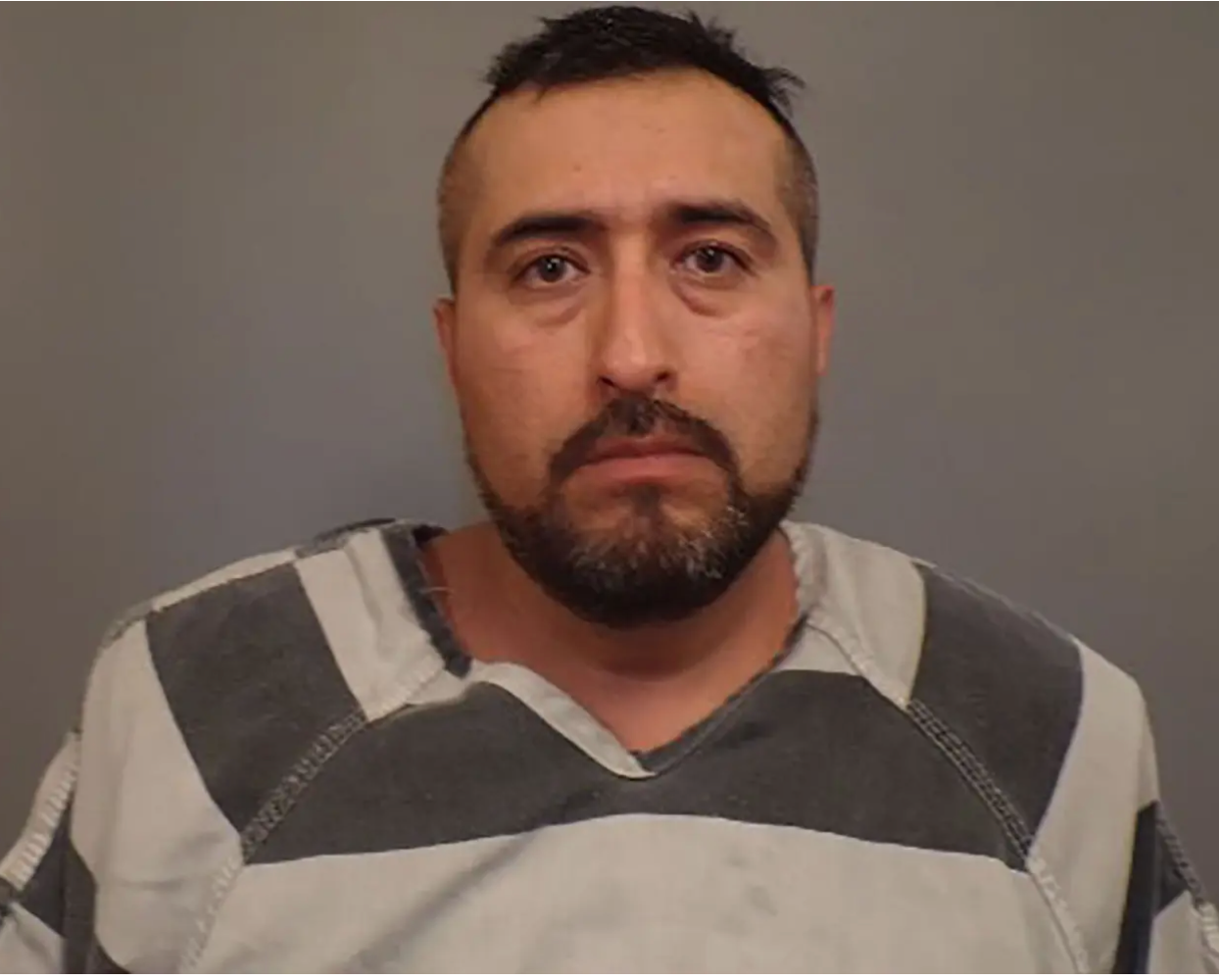Views on Vigilantism: When Courts Justify Murder
22-year-old Calvin Sneed, a Los Angeles man, was shot to death on June 4th, 2012. He’d allegedly been tracked down by 38-year-old Barry Gilton and 37-year-old Lupe Mercado, a San Francisco couple who’d managed to non-fatally wound him on May 27th, a few days before they would ultimately finish the job. Their motivation: Sneed was accused of pimping out their 17-year-old daughter, states ABC News.
Gilton and Mercado had previously filed a missing persons and abuse report with the San Francisco police in an attempt to retrieve their daughter. When this failed, the couple allegedly resorted to premeditated vigilante murder — a crime which made them eligible for the death penalty.
Gilton had been a public transit driver on disability at the time of the case. Leading up to their trial, he and Mercado were held on $2 million bail, reports ABC News. Both pleaded not guilty to their charges in a courtroom full of their friends and family. Even assuming that both defendants would be proven guilty, District Attorney George Gascón accepted that they had been victims in the case as well.
On the other hand, Sneed’s father Charles emphasized the pain of losing his son before he had a chance to “turn his life around,” reports CBS Los Angeles. Though alleged as a criminal and gang associate with multiple enemies, Calvin Sneed had been killed without trial and with no chance to defend himself.
Portrayals of vigilantism frequently incite sympathy when dramatized in fiction such as Batman and The Punisher comics. The idea of taking the law into your hands to save a loved one may seem like a better chance than seeking out police help, and particularly in cases of juvenile sexual abuse, resisting that desperation may seem absurd. But by dodging the legal system, the punishment will eliminate any chance of proportional rehabilitation — and in cases like Bijan Ebrahimi’s, Ed Johnson’s, and Sebastien Judalet’s, many victims of vigilantism through history have been proven completely innocent after the fact.
During the tension leading up to Gilton and Mercado’s sentencing, ABC News confirmed that the daughter, Leticia, was staying safely with her siblings and other family members.
Allegations from the prosecution emphasized that the couple had hunted Sneed for days, and that electronic evidence linked them to both the sites and times Sneed had been shot. The defense alleged Sneed had pushed the teenage girl into sex work and beaten her, but that her parents hadn’t committed the crime. “This filing of this case is not based on motive,” Gascón made clear, but a motive like this would be impossible to ignore.
A day before their trial, according to the United States vs. Gilton case, Gilton and Mercado were indicted with violating the “Racketeer Influenced and Corrupt Organizations Act (RICO) and the Violent Crimes in Aid of Racketeering Act (VICAR).” They’d been tied to involvement with the Central Divisadero Players, or the ‘CDP’ gang, and they would spend the following five to six years in federal prison before their trial.
Their sentencing could have easily treated the murder at face value, landing them with decades in prison. Given the district judge’s assertion that Gilton "undeniably participated in Sneed's murder,” and considering the court’s crackdown on the CDP, it seemed the obvious outcome. But the judge concluded that Sneed’s murder had been sufficiently unrelated to the CDP’s enterprise, and without sufficient evidence to convict on RICO conspiracy, Gilton and Mercado’s fate was left hanging on nothing more than motive. That it was a proven, isolated vigilante murder for the protection of a minor reflected far differently than an otherwise identical drive-by shooting may have.
Gilton and Mercado were acquitted of Sneed’s murder, according to the United States vs. Gilton case filing. Against proven members of CDP, convicted and sentenced for racketeering and murders, the couple had been profiled differently in the eyes of the jury and judge. Some murderers remained murderers. Gilton and Mercado became seekers of justice — righteous vigilantes of the kind written as our superheroes.
For this crime far more permanent than Sneed’s, Gilton and Mercado escaped life terms or death penalties by the favor of the court. If Calvin Sneed had been brought to trial rather than shot in the head, he might have argued in his defense — could have benefited from witnesses and attorneys as his murderers did, and would still have likely served time. Or, like Ebrahimi, Johnson, and Judalet, would time have proven him not guilty?
The final verdict will never make a difference for Sneed. His trial was to flee his pursuers. His sentence can’t be appealed or acquitted. His execution has already occurred.






